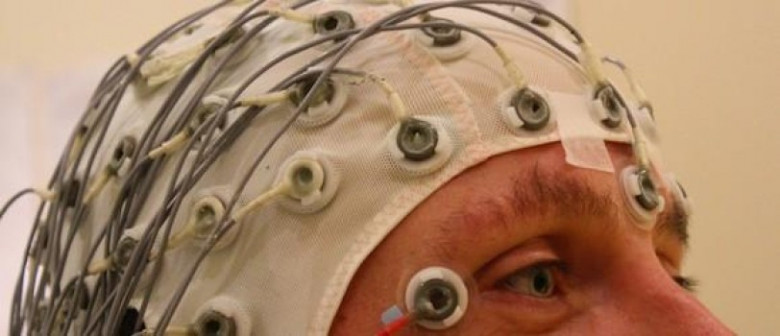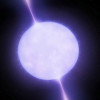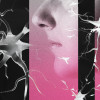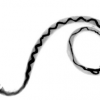Judgment and decision-making: Brain activity indicates there is more than meets the eye
People make immediate judgments about images they are shown, which could impact on their decisions, even before their brains have had time to consciously process the information, a study of brainwaves led by The University Of Melbourne has found.
Published in PLOS ONE, the study is the first in the world to show that it is possible to predict abstract judgments from brain waves, even though people were not conscious of making such judgments. The study also increases our understanding of impulsive behaviors and how to regulate it.
It found that researchers could predict from participants' brain activity how exciting they found a particular image to be, and whether a particular image made them think more about the future or the present. This is true even though the brain activity was recorded before participants knew they were going to be asked to make these judgments.










































































